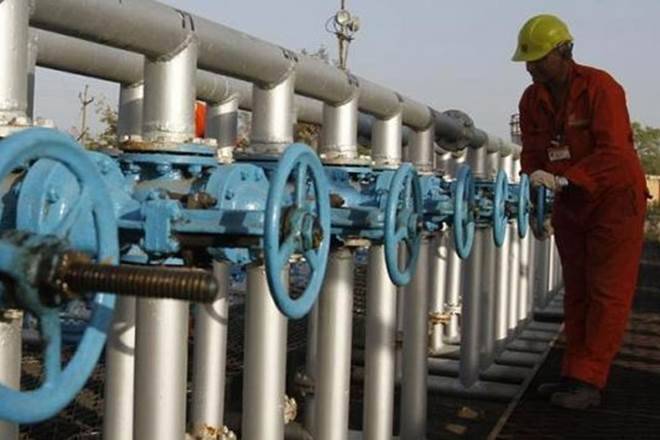Taking cognisance of reports of laundering of $1.2 billion by East West Pipeline (EWPL) with the help of a Dutch vendor which over-invoiced for services during construction of a gas pipeline, the Petroleum and Natural Gas Regulatory Board (PNGRB) has started a probe into the matter. The regulator is digging out old files to look into the history of the project, sources said.
East West Pipeline, previously known as Reliance Gas Transportation Infrastructure, is owned by billionaire Mukesh Ambani. Last month, Canada-based Brookfield-led India Infrastructure Trust ‘agreed’ to buy EWPL for Rs 13,000 crore.
The Fiscal Intelligence and Investigation Service and Economic Investigation Service of the Dutch government last week arrested three former employees of Netherland-based A Hak, alleging that they took payments of up to $10 million for showing inflated figures on the sales of materials and services to EWPL. The three were later released.
Also read | After Gita Gopinath raises data concerns, Pronab Sen says, India never charged with lack of transparency
About $1.2 billion is alleged to have been laundered in the process and diverted through a maze of businesses across multiple countries to Singapore-based Biometrix Marketing, a company allegedly having links with Reliance Industries (RIL).
RIL has, however, categorically denied the allegations stating: “RIL or any of its subsidiaries neither set up any gas pipeline in 2006, nor have contracts with any Netherland company for setting up of any gas pipeline and hence the report cannot relate to RIL.”
EWPL has also denied the having links with the reported money laundering case.
Read | Wipro’s third share buyback in 3 years, board to consider proposal on April 16; key things to know
According to a former member of PNGRB, in case the allegations are true, the tariff of the gas pipeline would have increased affecting prices paid by customers. “If capital cost is high, it increases tariff,” said the member.
While ascertaining tariff, the actual bills for purchase of materials, machinery and technology are checked and total amount is considered. It is only for future projections of cost that a discounted cash flow model is used.
“There is no benchmark for cost of pipelines as each one is unique in terms of geography, terrain and technology used. And that is why one has to rely on authenticity of bills submitted,” said the member, adding that in case any foul play is found, the tariff of the pipeline will likely be reduced.

